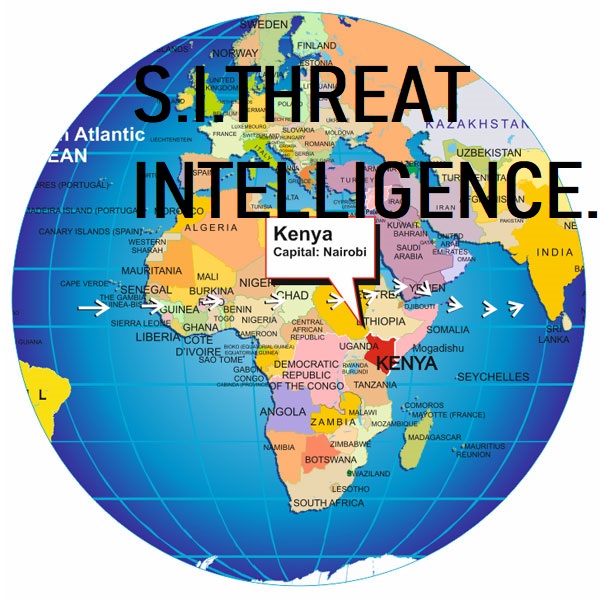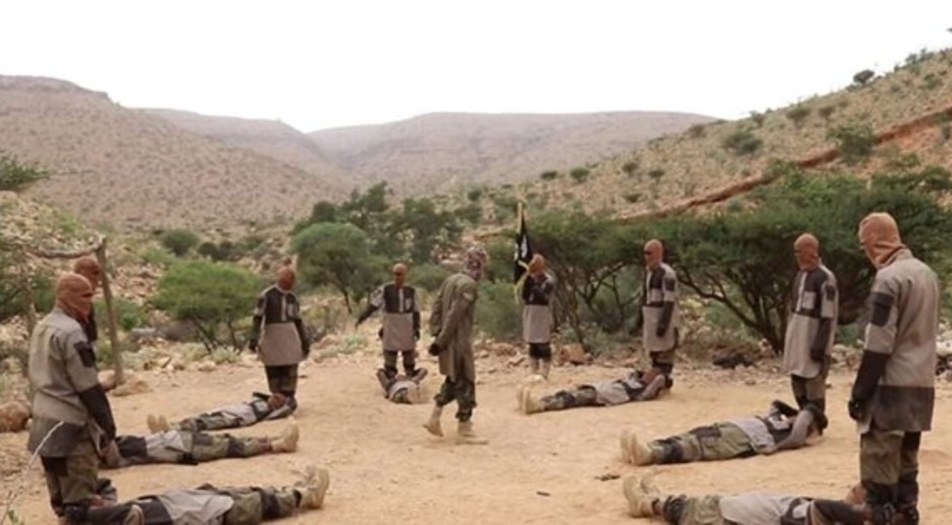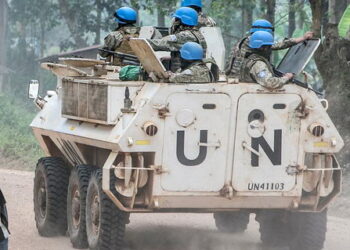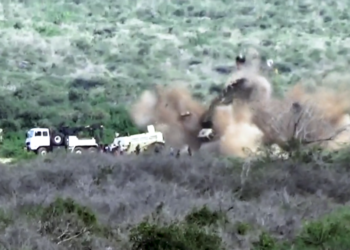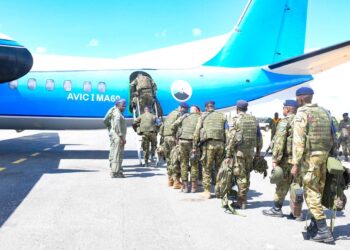The assertion that Al-Qaeda terrorist group affiliate in Somalia, Harakat Shabaab Mujahideen attacks Kenya primarily because of the army (KDF) intervention Somalia is the common error by intelligence, political, and military community members in seeing “non-state actors” purely in state-centric terms. The scholarly perspective that Al-Shabaab Mujahideen terrorist and militant activities in Kenya is an...
Why Terrorists Attack the Republic of Kenya; The Geopolitical Aspect of Terrorism
Related Reports
Tags
Al-Shabaab
Al Hijra
al Muhajiroun
Al Qaeda
AMISOM
Boko Haram
counter-terrorism
Egypt
Garissa attack
Harakat al-Shabaab al-Mujahideen
Houthi rebels
icc
Intelligence
Iraq
ISIL
ISIS
Islamic State
John Kerry
kdf
kenya
Kenya Air Force
Kenya Army
Kenya Defence Forces
Kenya Defense Forces
Kenya Military
kenya navy
Military Intelligence
Muslim Brotherhood
Niger
Nigeria
Nigerian military
President Uhuru Kenyatta
Saudi Arabia
Somalia
south sudan
Sudan
suicide bombers
syria
terrorism
terrorists
Tikrit
Uhuru Kenyatta
United Nations
United States
Yemen

